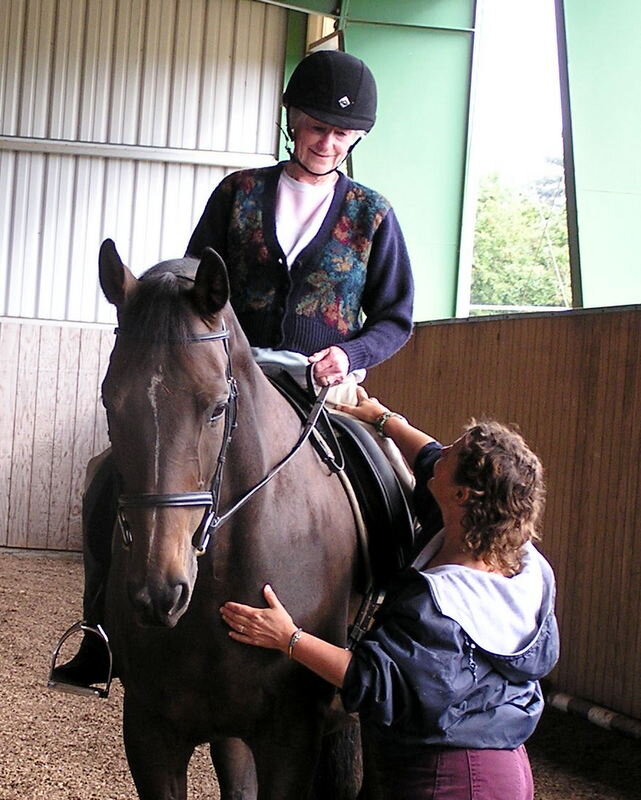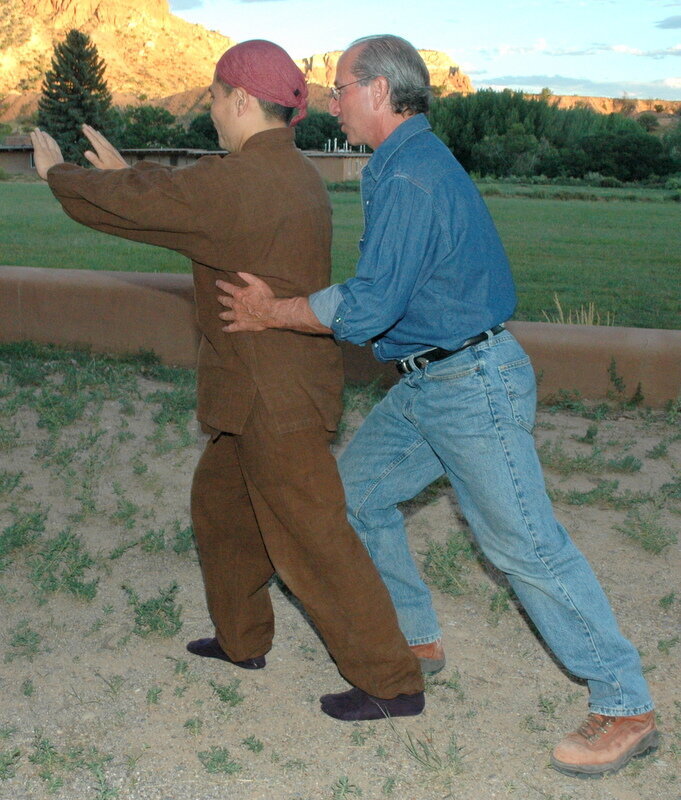CAS TEACHER TRAINING
CAS Mission
Our Philosophy
OUR FAMILY
Curricula
EVENTS
Faculty
Tuition
Graduation
Testimonials & Photos
Apply for Training
Current Schedule
CAS offers training in a contemporary style of the Work, in the lineage of Marjorie Barstow, the first person F.M. Alexander trained to become a teacher of his Work.
We focus on making the Work accessible in today’s world. Our graduates can impart the essence of Alexander’s principles in the realistic situations of the student’s life, while they do whatever they do - and sometimes even going to wherever they do whatever they do - a chamber rehearsal, a dance class, a hike, or even kayaking on a river! We call this LIFEWORK.
We also study classical styles and forms in order to clearly delineate the content of the Work from the form. Hopefully, the forms will change with the times, and the content will endure.
Here are some examples of LIFEWORK teaching:
CAS trainees learn to teach individual lessons and groups; to teach with hands and words; to teach through activities of daily life and professional life; and to be equally comfortable teaching in an office, on a snowy mountain, in a yoga class, on a symphonic stage, or in your own studio. For more about contemporary and classical styles, click below.
+ Contemporary and Classical Styles
All Alexander Teachers bring their own unique qualities and expertise to the Work. There are also ‘classical’ and ‘contemporary’ lineages/styles of teaching the Work; CAS offers a more contemporary style.
A ‘contemporary’ style of teaching helps the student apply the principles of the Work directly to the activities and situations of their daily and professional lives. For example, a student would learn to incorporate Alexander’s principles while playing an instrument, throwing a pot, typing on a computer, riding a horse, or taking a walk. Lessons can therefore happen on a ski mountain, at a symphony rehearsal, in a professional kitchen, during an acting class, at a dental office, etc. Rather than learning the principles only through the original ‘classical’ studies (eg, chair work) and then having to apply that information on your own when actually doing the activity in the ‘real’ situation, contemporary teachers use the activity itself as a vehicle for teaching the principles.
At CAS, we go to where people are actually doing the activities of their lives, so that they have real-life stimuli and timing. We have students perform their activity with their actual tools or instruments, if possible - riding a horse, playing an instrument, working at a computer, rehearsing a play, walking their dog, cooking a meal, singing an aria – whatever they actually do. Likewise, we attempt to create realistic emotional situations so students can work with their habitual stress responses. Our graduates can impart the essence of Alexander’s principles in the realistic situations of the student’s life.
You will learn to teach individual lessons and groups. To teach with your hands and your words. To teach through activities of daily life and professional life. To teach in an office, on a snowy mountain, in a yoga class, and on a symphonic stage.
Here is a sample of teaching while people do whatever they do!






















